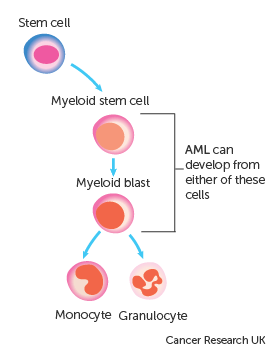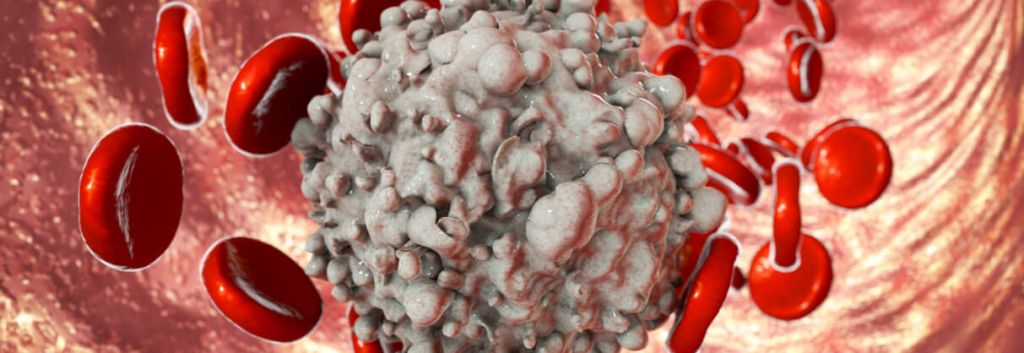Newsletter Signup - Under Article / In Page
"*" indicates required fields
Researchers from the Wellcome Trust Sanger Institute have reported that a new target for the treatment of leukemia has been found.
A new drug target for acute myeloid leukemia (AML) has been identified that could open new avenues for the development of new treatments against the deadly disease. Researchers from the Wellcome Trust Sanger Institute have published research in Nature that shows the inhibition of the METTL3 gene specifically kills human and mouse leukemia cells. The gene is responsible for the survival of cancer cells but not healthy cells, meaning it could be targeted safely.
AML is an aggressive blood cancer that can affect people of all ages. It develops in the bone marrow, overwhelming the healthy cells that reside there, which impairs the immune system leading to serious infections and bleeding. The disease is rare, with just 3,100 cases per year in the UK, but it develops quickly making it difficult to catch. Current treatments used for AML include chemotherapy and bone marrow transplants, but these save fewer than one in three patients.
The researchers used CRISPR-Cas9 gene-editing technology to screen cancer cells for potential therapeutic targets. They created a leukemia mouse model containing mutations that could be targeted in human AML cells. Each gene was tested to decipher its role in the disease. Forty-six genes were identified that could modify RNA, including METTL3, which had a particularly strong effect.

The group found that the METTL3 protein binds 126 genes, many of which support AML cell survival, and then modifies the RNA that is subsequently produced, increasing their translation. When this modification was blocked, essential proteins for the survival of the leukemia were no longer produced.
George Vassiliou, joint project leader and Consultant Haematologist at Cambridge University Hospitals NHS Trust, commented on the implications of the study’s findings: “Our treatments have changed little for decades and outcomes remain poor… We believed that we had to think differently and look in new places for ways to treat the disease… We hope that this discovery will lead to more effective treatments that will improve the survival and the quality of life of patients with AML.”
One way to boost survival could be to improve the treatments that we already have. This is what Italian biotech, MolMed, has done, developing Zalmoxis, which ups the safety of bone marrow transplants. A major area of hype in the blood cancers field is CAR-T, and Novartis’ Kymriah was the first to be approved by the FDA after demonstrating efficacy against B cell leukemia, while Celyad has developed a Natural Killer Receptor T cell platform, which cleared a patient of cancer during the early stages of a clinical trial.
Images – Kateryna Kon / shutterstock.com; Cancer Research UK
Oncology R&D trends and breakthrough innovations







